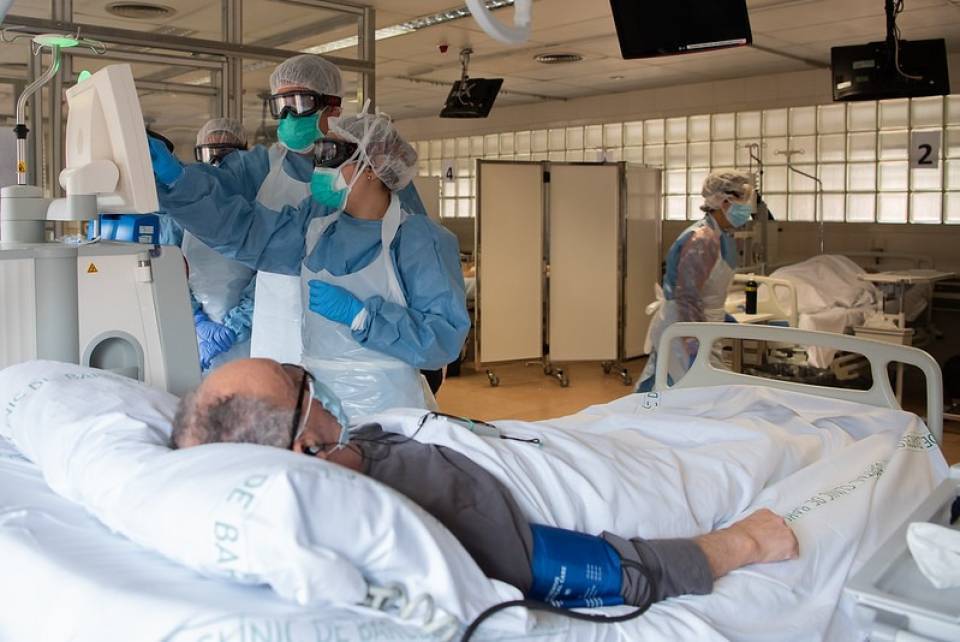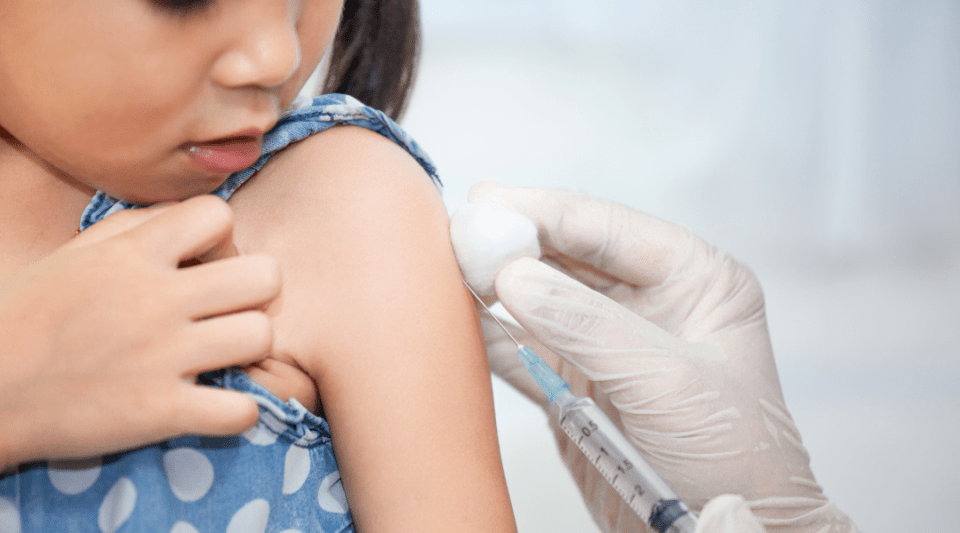Patients who need haemodialysis treatment on a regular basis are generally at a higher risk of infection. This risk was especially heightened during the pandemic, as the need for dialysis treatment meant these patients could not remain fully isolated. Furthermore, the risk of mortality from COVID-19 among patients with chronic kidney disease who require dialysis is up to 4 times higher than that of the general population. They also experience greater complications in case of infection and tend to be hospitalised for longer.
For all these reasons, the national health system considered vaccinating this population a priority, and this was carried out between February and April 2021. However, experts had many doubts about whether immunisation would be effective in these patients. In people with chronic kidney disease, the immune system is altered because toxins accumulate due to poor filtration of the kidneys, and the chronic inflammatory state caused by their disease.
The Nephrology and Kidney Trasplant Department at Hospital Clínic evaluated whether dialysis patients were able to generate an immune response when vaccinated against COVID-19. They measured two parameters: whether or not antibodies were generated, and in what quantities (humoral response); and the activation of specific T lymphocytes against the SARS-CoV-2 virus (cellular response). Antibodies are proteins that bind to the virus to mark and immobilise it, while T lymphocytes are cells that recognise these marked viruses. They are able to directly destroy viruses and virus-infected cells, or can activate other cells to do so.
175 patients treated at three haemodialysis centres affiliated with Hospital Clínic participated in this study, three weeks after having received the second dose of the Moderna (100 patients) or Pfizer vaccine (75).
Of these 175 patients, 95% generated antibodies, especially younger patients and those who had already recovered from the disease. The eight patients who did not produce antibodies were either taking immunosuppressive medication or were very elderly, both of which are factors associated with a poor immune response. Meanwhile, activation of specific T lymphocytes was observed in 62.3% of patients. This figure is somewhat lower than the general population, but higher than in kidney transplant patients. In fact, 98% of the patients studied responded to the vaccine via one or both routes.
The time taken to develop antibodies was also checked via a weekly analysis in a subgroup of 78 patients who received the Moderna vaccine. It was found that around 95% of patients were able to generate an immune response after 6 weeks of the vaccination process being initiated, while this occurred around the second week in the general population.
Finally, researchers also evaluated the generation of antibodies in 32 patients undergoing another type of dialysis, peritoneal dialysis, which is a technique that can be performed by the patient at home. They found that 97% of patients produced a satisfactory immune response three weeks after receiving the second dose of the Moderna vaccine.
The conclusion that can be drawn from these results is that dialysis patients have an altered immune system that means their response to the vaccine is slower, but equally effective. Practically all patients, whether on haemodialysis or peritoneal dialysis, are able to generate antibodies and/or produce T-lymphocyte activation against SARS-CoV-2. This suggests that vaccination is effective and necessary to prevent infection, especially the development of severe cases of COVID-19, which are particularly common in these patients.
Authors: Dr José Jesús Broseta and Dr Diana Rodríguez Espinosa, Nephrology and Kidney Transplant Department at Hospital Clínic de Barcelona.




